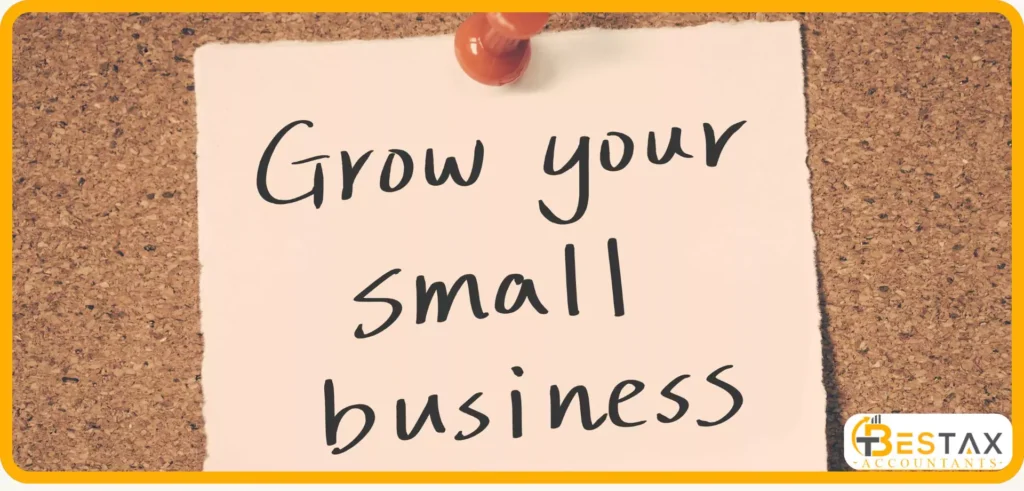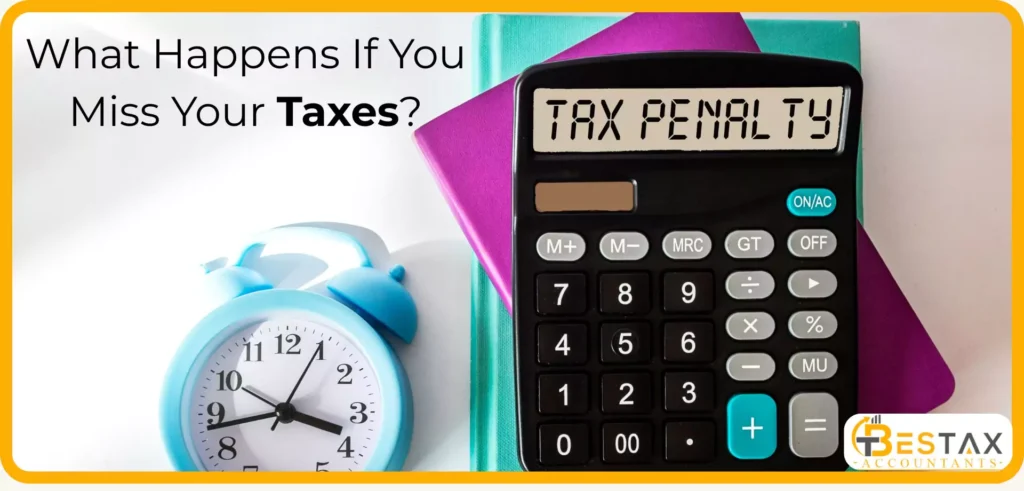Running a small business in Toronto is exciting but challenging. Starting a small business is just the first step; scaling it requires careful planning, strong financial management, and the right support.
As operations become more complex, small business owners need expert advice to manage growth effectively. This is where accountants become essential partners in scaling a business successfully.
How an Accountant Can Transform Your Small Business
Here is how small business tax accountants help turn things around for your business:

Help with Tax Assistance Programs
Small Business Property Program in Toronto offers various programs to support small businesses:
- Small Business Property Tax Subclass: Provides a reduction in the tax rate for eligible small business properties.
- Scientific Research and Experimental Development (SR&ED) Tax Credit: Offers tax incentives for businesses conducting research and development.
A knowledgeable accountant can guide you through these programs, ensuring you reap the benefits.
Handling Paperwork and Contracts
Small business owners often don’t have time to go through every document line by line. You might be working late nights or weekends just to catch up. That’s where accountants can help.
They review all your business documents and contracts. From rental agreements to vendor contracts, they make sure everything is clear and fair. A company tax accountant has the eye to catch details you might miss. They help you avoid risky terms and make sure you’re protected.
Keeping You Compliant with Taxes
Tax rules in Canada are complicated, especially for small businesses. GST, HST, corporate tax, income tax, it’s a lot to manage.
A tax accountant makes sure you don’t miss deadlines or lose out on deductions. They stay updated on changes in tax laws so you don’t have to. And they help you plan ahead so you can avoid penalties and keep more of your earnings.
If you don’t file or pay your business taxes on time, it can cost you a lot more than just stress. Missing tax deadlines can lead to serious penalties from the Canada Revenue Agency (CRA).

Here’s what you could face:
1. Late Filing Penalty
If you owe taxes and file your return late, the CRA charges a penalty.
- The basic penalty is 5% of the amount you owe.
- Plus, 1% extra for each full month your return is late, up to a maximum of 12 months.
Example: If you owe $10,000 and you file your taxes four months late, your penalty would be:
5% of $10,000 = $500
- 4% (1% × 4 months) of $10,000 = $400
Total penalty = $900
2. Repeated Late Filing Penalty
If you were charged a late filing penalty in any of the last three years and you’re late again, the penalty gets bigger.
- The penalty jumps to 10% of what you owe.
- 2% extra for each full month late, up to 20 months.
This can really add up fast for small businesses.
3. Interest Charges
Even after the penalty, the CRA also charges compound daily interest on:
- Any unpaid taxes
- Penalties
- Interest already owed
Interest starts the day after your payment was due, making your bill grow every single day you’re late.
4. Payroll and GST/HST Penalties
If you are late with payroll deductions (like CPP, EI, and income tax) or GST/HST payments, penalties apply too:
- First offense: 3% penalty for being 1-3 days late
- Second offense: 5% penalty
- Third offense: 7% penalty
- Fourth offense: 10% penalty
Plus, interest charges on top of these penalties.
5. Possible Audits and Legal Action
If you’re consistently late or fail to file, the CRA might audit your business. In serious cases, they can even take legal action, garnish your income, or penalize you for late tax filing by freezing your bank account.
Saving Money and Managing Expenses
Every dollar counts when you’re running a small business. Accountants help you spot areas where you can save.
They look at your software, supplies, and services to find cost-saving options. They’ll also help you manage your subscriptions and tools so you’re not paying for what you don’t use.
Accountants also give you advice on how to improve your expense management, helping you control spending without cutting quality.
Acting as Personal CFO
Not every small business can afford a full-time Chief Financial Officer. But many accountants now offer CFO services.
These professionals help you plan, budget, and grow. They create cash flow forecasts, analyze profits, and prepare financial reports.
Cash Flow and Budgeting Help
Running a business without a budget is like driving without a map. You need to know where your money is going.
Your accountant helps you build a budget, forecast income, and plan for slow periods. They also track your cash flow to make sure you always have enough to cover bills, payroll, and expenses.
A recent study by Intuit showed that 61% of small businesses regularly struggle with cash flow. A good accountant helps reduce that risk.
Reporting and Financial Check-Ins
Think of financial reports as your business health check. A small business accountant will give you monthly or quarterly reports, income statements, cash flow updates, and balance sheets, so you can see how your business is doing.
They’ll also explain the numbers in plain lingo, so you understand what’s working and what needs to change.
Smart Business Decisions
Should you invest in new equipment? Hire a new employee? Take on a new contract?
Your accountant helps with these choices. They provide facts and insights to support your decisions. With accounting services for small businesses, you’re not just guessing; you’re using real data to guide your next move.
Planning for the Future: Succession and Estate
At some point, you might want to step back from your business. Whether you plan to sell, retire, or pass it on, accountants can help.
They guide you through business succession planning. They’ll help find the right person to take over, whether it’s a family member or a key team member. They’ll also train them and make sure everything is in place financially.
Estate and Trust Planning
Your business is one of your biggest assets. You want it protected. That’s why accountants also help with estate and trust planning.
They’ll help you value your business, plan for taxes, and ensure your wishes are followed. Trusts can also be used to protect your assets and pass them on securely.
Example: A family-owned business used a family trust to transfer ownership to the next generation, saving thousands in estate taxes and ensuring the company stayed in the family.
Real Business Success Stories in Toronto
Several Toronto businesses have thrived with the right support:
- Tom & Sawyer: This pet food company in Leslieville utilized the city’s Retail Accelerator Program to revamp their marketing strategy, leading to increased local engagement.
- The Knit Café: Located in Roncesvalles, they benefited from the Commercial Space Rehabilitation Grant to create a more welcoming space for their community.
- Ghadir Meats & Restaurant: In Scarborough, they participated in the “Culinary Everywhere!” program, connecting their Lebanese cuisine with local food tours, boosting their visibility.
Final Thoughts
Having a good accountant isn’t just about filing taxes. It’s about building a stronger business.
From reviewing contracts to acting as a remote CFO, accountants help you make better decisions, manage your money wisely, and grow with confidence. Whether you’re in Toronto or any part of Canada, finding the right accountant for your business can make a big difference.
Looking for the right support?
Bestax Accountants specializes in helping small businesses just like yours. Whether you need help with tax planning, cash flow, or long-term growth strategies, our team is here to guide you every step of the way.
Contact Bestax today for professional, affordable, and reliable accounting services tailored to your needs.
Quick FAQs
What is the role of an accountant in a small business?
An accountant helps manage your business finances. They handle bookkeeping, prepare taxes, track cash flow, and give advice on budgeting and growth.
They also make sure you stay compliant with CRA rules and avoid costly penalties. Most importantly, they help you understand your numbers so you can make smart decisions for your business
Do I need an accountant for a small business?
Yes, hiring an accountant is highly recommended for any small business.
Managing finances alone can be risky. Mistakes can lead to tax penalties, cash flow problems, or even business closure.
What method of accounting is used for small businesses?
Most small businesses use either cash basis accounting or accrual basis accounting.
Cash basis records income when money is received and expenses when money is paid.
Accrual basis records income when it’s earned and expenses when they are billed, not when money changes hands.
Disclaimer: The information provided in this blog is for general informational purposes only. For professional assistance and advice, please contact experts.




